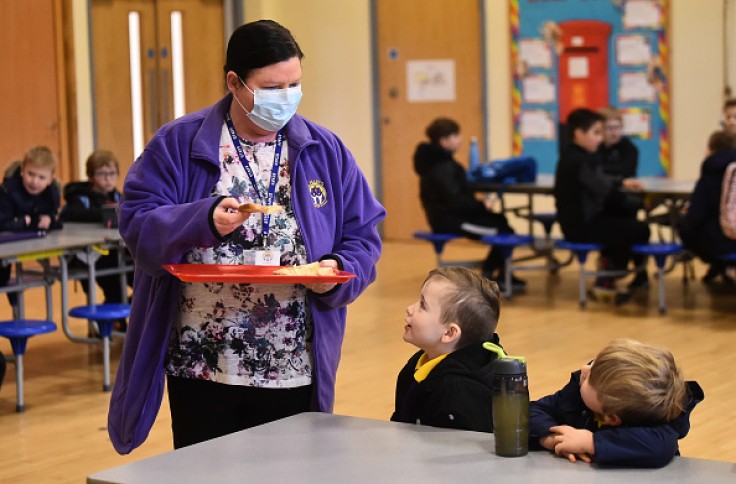
Some believe that educational institutions should not reopen if infection rates are high in the state. And if they drop, teachers and parents should be vigilant for symptoms of the virus. Other than that, an expert says the mental effect of lockdown on children varies. Some had a rosy experience, while some advanced.
A mother of three from Buckinghamshire reported her children's behavior has deteriorated, having more tantrums and challenges at bedtimes. Her son used to walk to school every day but now has no motivation to go out.
Another Mom of 4 boys said her eldest changed so much. He doesn't go out for a walk anymore, while her nine-year-old hates inside since he hasn't been socializing with his friends anymore. Meanwhile, her six-year-old feels like it's going to be his first day at school once more.
Read also: On School Reopening: Should You Let Your Kids Go Back to School? An Analyst Helps You Decide
At the University of Bedfordshire in Luton, senior psychology lecturer Dr. Anastasia Giannakopoulou said, "Watch out for any moodiness and aggressive habits." She added that while children were "resilient," we would not understand the full effect of coronavirus lockdowns for years.
Dr. Giannakopoulou added, "Every child is a person," adding that some children internalize their problems while others channel them into violence.
"Parents must be careful because they are the only ones who will be able to recognize their children's habits truly," she said. "A lot more research is necessary as some of the impacts will not become obvious until five or ten years down the line."
Unfortunately, the CDC's school reopening checklist does not mention those.
Parents should also be vigilant on their children's school protocol.
Here are a few checklists intended to serve as an additional guide for all, aside from those stated above.
Everyone should wear masks appropriately and without fidgeting. K95 or N95 masks should fit school personnel, which block 95% of particulate matter when properly worn. Even when eating or drinking, students must still wear masks.
Also, schools are advised to install and use HEPA filters or keep windows and doors open to allow fresh air, which will minimize the concentration of indoor pollutants, such as virus particles.
Students can be divided into groups of 10 to 15 students throughout the school day, working together. It allows each student to remain 6 feet away from their classmates while seated at their desk, assisting in detecting and containing a possible outbreak.
Close drinking fountains to remove a possible source of COVID-19contamination. Personal bottled water must replace water fountains in schools. Hands, mouths, and noses are brought close to a high-traffic surface while using a water fountain.
To control movement, convert hallways to one-way corridors that only allow students to travel in one direction. One-way hallways decrease the probability of face-to-face communication, increasing the risk of transmission.
Cleaning must be done at least twice a day in the classrooms, common areas like toilets and lockers, and buses to eliminate the virus. COVID-19 will live on surfaces for hours to days, depending on the surface.
There should be no extracurricular activities yet like chorus, band, rugby, and other contact sports since social distancing is difficult during these events.
When all these are in place, parents can be optimistic about their children's future.